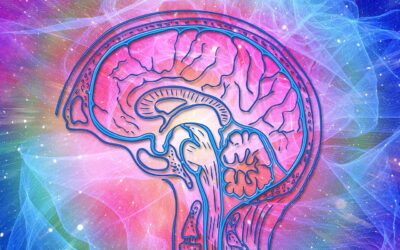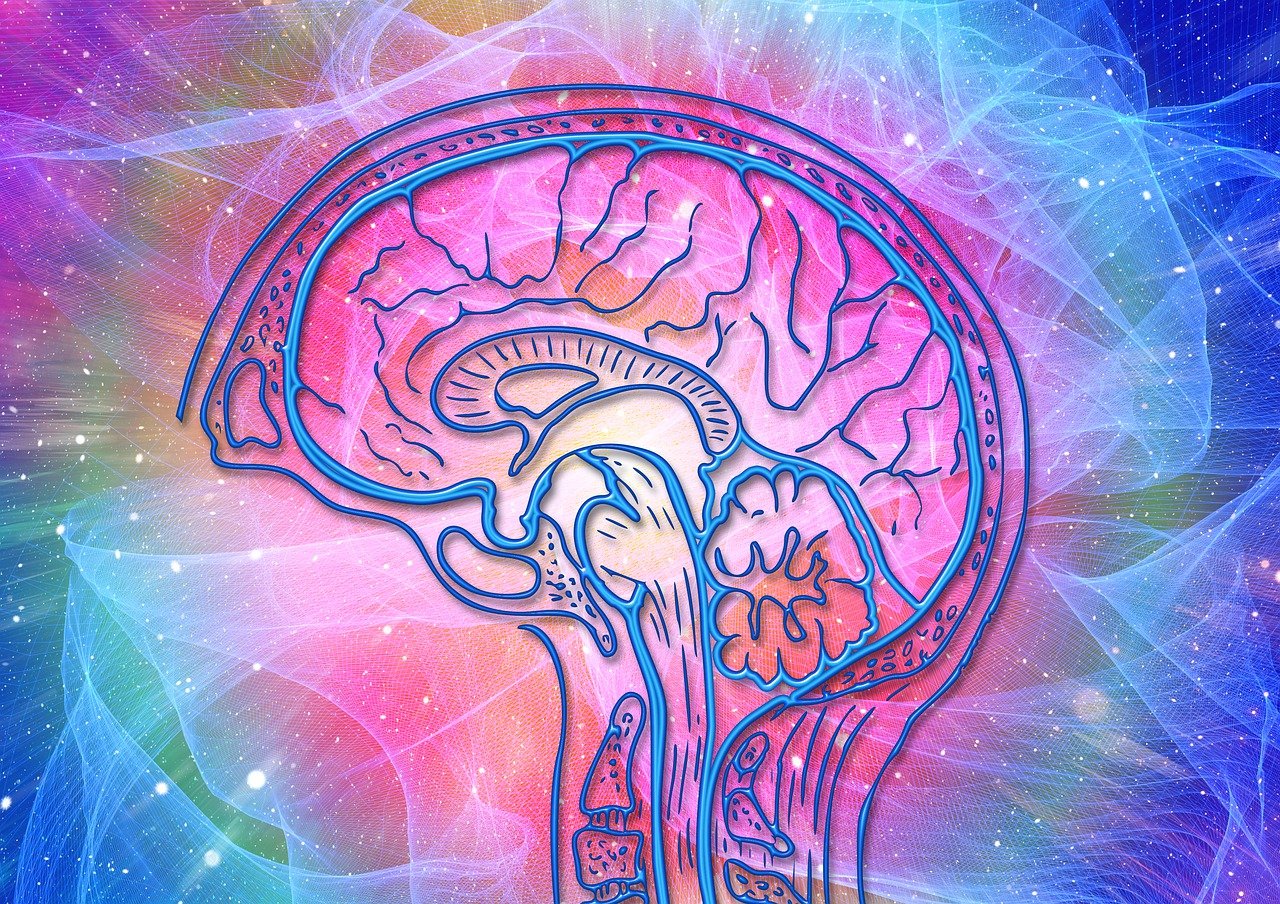AI Education: Resources for Continuous Learning in AI

Artificial Intelligence (AI) is advancing rapidly, and continuous learning is essential to keep up with its developments. Whether you are just starting in the field or are a professional looking to refine your skills, access to the right resources makes all the difference. From online courses and books to thriving AI communities, a wealth of educational tools is available to foster ongoing learning. This article explores some of the best resources for continuous education in AI, offering pathways for every stage of expertise.
Online Courses for AI Learning
Online courses have become the go-to option for many learners, offering structured content with the flexibility of self-paced study. Several platforms provide both foundational courses and advanced topics in AI, often taught by experts from leading universities and tech companies.
Coursera and edX
Both Coursera and edX offer a variety of AI-related courses, ranging from introductory programming in Python to deep learning specializations. Courses such as Stanford’s “Machine Learning” by Andrew Ng remain highly recommended for beginners. In addition, professional certificates from institutions like MIT and IBM provide valuable credentials.
- Best for: Beginners and intermediate learners
- Features: Self-paced learning, certifications, hands-on projects
Udacity and DataCamp
Udacity’s nanodegree programs focus on practical applications, with projects designed to simulate real-world challenges. DataCamp, on the other hand, emphasizes data science and machine learning with interactive coding exercises that help build fluency in AI-related tools like Python and R.
- Best for: Professionals seeking hands-on experience
- Features: Industry-relevant content, interactive exercises, career services
AI Books for Deeper Knowledge
Books offer a way to dive deeper into AI concepts, algorithms, and theoretical approaches. Whether you are new to the field or looking to refine your expertise, these books provide timeless knowledge that can supplement other forms of learning.
Beginner-Friendly Books
- “Artificial Intelligence: A Guide for Thinking Humans” by Melanie Mitchell
This book breaks down complex AI concepts in an accessible way, making it ideal for newcomers. - “Python Machine Learning” by Sebastian Raschka
A great resource for those with basic programming knowledge who want to start building AI models.
Advanced Reading
- “Deep Learning” by Ian Goodfellow, Yoshua Bengio, and Aaron Courville
Often referred to as the Bible of deep learning, this book covers everything from neural networks to generative models. - “Reinforcement Learning: An Introduction” by Richard S. Sutton and Andrew G. Barto
For those interested in reinforcement learning, this text offers both theory and practical examples.
Interactive Platforms and AI Communities
Learning AI extends beyond individual study. Engaging with communities helps learners stay updated with trends, exchange ideas, and gain support from peers and mentors. Many interactive platforms foster this exchange of knowledge, providing a more immersive learning experience.
Kaggle
Kaggle, owned by Google, offers more than just datasets—it provides competitions, tutorials, and forums where AI enthusiasts and professionals share their work. Participating in competitions offers hands-on experience in building and refining models to solve real-world problems.
- Best for: Learners looking for project-based experience
- Features: Competitions, code notebooks, discussion forums
GitHub
GitHub serves as a repository for open-source AI projects and a place to collaborate with others on new ideas. Exploring others’ codebases or contributing to projects offers valuable learning opportunities for those looking to deepen their programming and problem-solving skills.
- Best for: Advanced learners and developers
- Features: Collaborative projects, version control, open-source libraries
AI Conferences and Events
Conferences such as NeurIPS, CVPR, and ICLR provide cutting-edge insights into the latest research and innovations in AI. While attending in person offers networking opportunities, many conferences also offer virtual sessions or recorded talks.
Keeping Skills Sharp Through AI Podcasts and Newsletters
Staying informed about the latest trends in AI is critical for continuous learning. Podcasts and newsletters make it easy to stay updated on new developments without the need to dive deep into technical content every day.
Podcasts
- “The TWIML AI Podcast” covers a variety of AI topics with guest speakers from academia and industry.
- “Lex Fridman Podcast” explores both the technical and philosophical aspects of AI through long-form interviews with leading experts.
Newsletters
- “The Batch” by Andrew Ng offers regular updates on AI trends, tools, and career tips.
- “Import AI” is a weekly newsletter covering significant developments across research, policy, and applications.
Practical Learning Through AI Projects
Applying what you learn through projects is one of the most effective ways to reinforce knowledge. Whether you’re building a chatbot or experimenting with image recognition, working on hands-on projects helps you understand how theory translates into practice.
Open Source Projects
Participating in open-source initiatives, such as TensorFlow or PyTorch projects, offers a chance to contribute while building your portfolio. These projects also introduce learners to software development practices like version control and code review.
Personal Projects
Creating personal projects based on your interests—like a recommendation system or voice assistant—allows you to explore different AI fields. Platforms like Google Colab make it easy to experiment with models using only a browser and basic coding skills.
AI Education for Career Advancement
Continuous learning in AI is not just about keeping up with trends—it can also boost your career. Building a portfolio of completed projects, earning certifications, and engaging with online communities demonstrate expertise to potential employers.
Certifications for Career Growth
Programs offering AI certifications, such as those from Google or Microsoft, validate your skills and knowledge. Certifications not only enhance resumes but also provide credibility when applying for roles in data science, machine learning, or AI development.
Networking for Opportunities
Building connections with other AI professionals opens doors to collaborations and career opportunities. Engaging in online forums, attending meetups, and participating in hackathons allows you to stay visible within the AI community.
Building a Lifelong AI Learning Journey
The field of AI will continue to evolve, bringing new challenges and opportunities. Staying ahead requires a commitment to continuous learning through online courses, books, and collaborative communities. The key lies in maintaining curiosity and embracing opportunities to apply new knowledge in real-world settings. With the right mix of resources, anyone can develop and grow in the exciting world of AI, regardless of their starting point.









